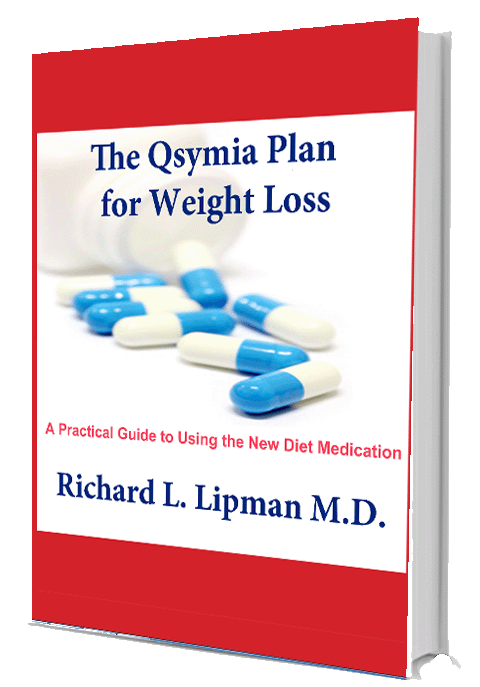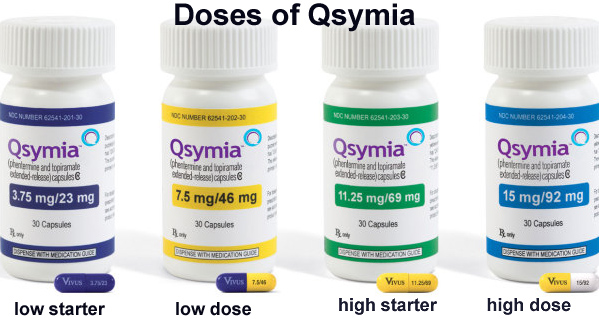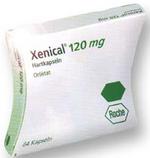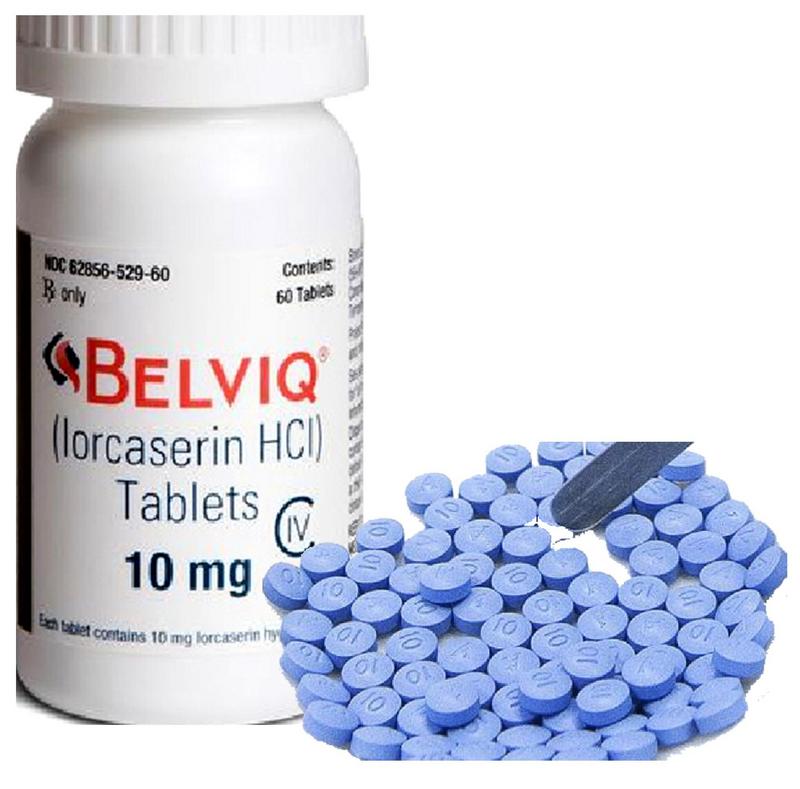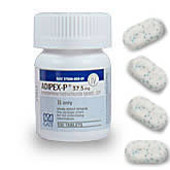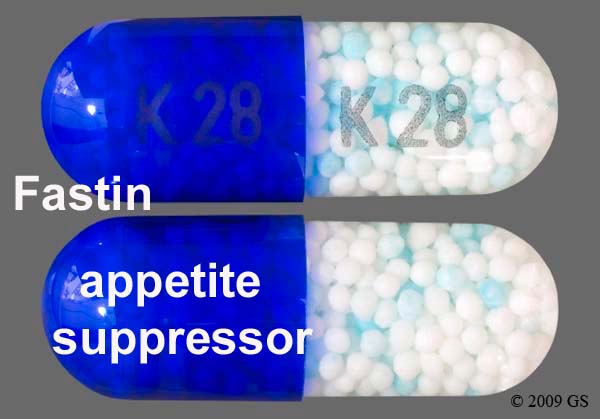The 100 Calorie Secret is Turning The Diet Industry Upside Down. A Weight Loss Doctor Finally Reveals the Secret of How to Lose Weight Without Dieting Ever Again Lose 10, 20, 30 and More Pounds Right Now!
Watch Dr. Lipman on CBS-TV
Dr Lipman's Guide To Current Diet Medications
305-670 3259
What's New for 2013- Are They Safe? - Do They Work? Are They for Me?
DR LIPMAN REVIEWS NEW AND OLD DIET MEDICATIONS, Miami, Fl 331243
Will They Help You Lose Weight? Are They Safe? Which are Best?
Since 1977, the FDA has approved a handful of prescription strength drugs for weight loss that either curb hunger, increase satiety or inhibit fat absorption. All of the drugs have been proven to be safe and very effective for the "right" individual to lose the weight. Here is everything you need to know about
the benefits, how they work, the side effects and which ones might be the best for you.
Each overweight individual has a different reason for his weight gain—it may be eating very large meals, cravings, eating out of anxiety or boredom or even eating in the middle of the night. You need to first identify your particular eating problem and then find a food plan that best matches your food preferences and personal requirements. The role of medication is to assist individuals who are having difficulty with hunger, cravings and compulsive eating. Diet drugs, even then strongest, are not "magic bullets," only "helpers", and that even the strongest pill cannot stop one from eating some very bad, readily available foods.
Dietary changes, even simple ones, always come before medications. Taking these medications, even for brief periods of times often assists individuals in their weight loss plan. Some individuals experience fullness for the first time in their lives while others feel in control of their food and learn to make better food decisions. Many overweight people learn that they genuinely do not need as much food as they had once believed they did.
While some individuals might do well taking the drugs for only a couple of weeks to help "jump start" their weight loss plan, others may need to take them for months or even years. Since each overweight individual has a different reason for his weight gain, the right drug needs to be matched with the "right person"—not only in choice of drugs, but dose and duration.
Qsymia reduces appetite and produces fullness resulting in early satiety. Other than some elevated heart rate in some individuals, this is an effective drug, especially for those with cravings and compulsive eating. The feelings of fullness rather than appetite reduction may be the most significant effect. This is a drug approved for long-term use-months and even years. It has substantial benefits for those individuals who have a great deal of weight to lose and are willing to take the drug for long periods of time.
Qsymia is a new weight loss drug that is made by Vivus Pharmaceuticals by combining together two older drugs-phentermine and topamax. Phentermine has been used for more than 25 years as an appetite suppressor. Topamax has been used for a long time as treatment for headaches and seizures.
Each drug has a different effect in the brain. It is believed that catecholamines in the hypothalamus of the brain resulting less appetite. Topamax works by decreasing appetite and increasing satiety in another part of the brain.
Qsymia is indicated as an adjutant to a reduced calorie diet in weight
management. The key BMI's are the 27 and 30 values.You can qualify for Qsymia therapy with the following BMI's:
1. 30 kg/m2 without medical problems or
2. 27 kg/m2 with medical problems
Medical problems have been described as hypertension, diabetes mellitus
and hyperlipemia syndromes.
You can read more at www.Qsymiamd.com
Belviq is the first new prescription drug for weight loss in the pass 20 years. Belviq was released by the FDA in early June 2013. It offers a new alternative for weight loss for the nearly one in three Americans who are considered obese. It is very effective in diabetics causing both weight loss and improvement in glucose control. Unlike any other diet medication it’s designed both for weight loss and weight maintenance.
How does Belviq work?
The drug works by controlling appetite — specifically by activating brain receptors for serotonin, a neurotransmitter that triggers feelings of satiety and satisfaction. Serotonin is also involved in mood; many antidepressant drugs work by preventing the reuptake of serotonin and keeping brain receptors bathed in the chemical. Researchers at Arena say their drug is designed to seek out only the serotonin receptors that affect appetite.
How effective is Belviq?
According to clinical trial data submitted by Arena to the FDA, nearly half of dieters without Type 2 diabetes who used the medication lost at least 5% of their starting weight — or an average of 12 lbs. — over a year, compared with 23% of those taking a placebo. For best results, dieters are advised to use the medication together with a healthy diet and exercise program
Who can take Belviq?
The FDA approved the medication for people who are obese (with a body mass index, or BMI, of 30 or higher) or who are overweight (with a BMI of 27 or above) and also have at least one weight-related health condition such as type 2 diabetes, hypertension and high blood lipids and cholesterol.
Are there any side effects?
The most common side effects of Belviq in non-diabetic patients are headache, dizziness, fatigue, nausea, dry mouth and constipation. These side effects occurred in 6% or less patients and most disappeared after a few days. Only 6% of subjects pulled out of the Belviq studies because of side effect. In patients with diabetes, side effects include low blood sugar, headache, back pain, cough and fatigue.
(Less)
Phentermine: Ionamin®, Adipex®
Phendimetrazine: Bontril®
Diethylpropion: Tenuate®
First approved as an appetite suppressant in 1959, Phentermine is sold under a variety of brand names including Ionamin® and Adipex-P® as well as under its generic name. Phentermine and its cousins Phendimetrazine and Diethylpropion are all sympathomimetic amines, which are similar to an amphetamine. They are also known as an "anorectic" or "anorexigenic" drugs. They stimulate the central nervous system (nerves and brain), which raises your heart rate and blood pressure as it suppresses your appetite. Dr. Weintraub, in groundbreaking studies combined phentermine with fenfluramine in a combination called Fen-phen. Interest in these drugs peaked in the mid 1990's when you could find a doctor on virtually every street corner who prescribed them. The rare occurrence of heart disease and even rarer pulmonary hypertension led to the withdrawal of the drugs from the market in 1997. The 1990's and early 2000's saw the use of herbal fen/phen and combinations of Phentermine and Prozac all without significant weight-loss benefits.Nonetheless, these drugs still play a role in weight loss and have been taken by millions of people over the past 25 years.
How it Works, Side Effects, Who Should Take It
Phentermine, Phendimetrazine and Diethylpropion are closely related drugs that reduce appetite but have little effect on cravings and compulsive eating. They raise blood pressure in some individuals and often are limited by the development of tolerance in others. These are useful drugs for those who simply eat too much, particularly during the day when these drugs are the most effective.They need to be used with caution in people with high blood pressure. They should not be used either in people who have heart disease, who have had strokes, or other serious brain or cardiac problems. These drugs are most effective when used in low doses and titrated slowly to avoid side effects and the development of tolerance. Some physicians alternate Phentermine with Phendimetrazine in order to avoid tolerance. Of all of the drugs in this group, Diethylpropion has the least side effects and the least problems with tolerance. Related to bupropion (Wellbutrin®, Zyban®) it not only reduces appetite but helps many people with compulsive eating.
How you take them
Phentermine: 15 to 37.5 mg.(time release) once a day in the morning.
Phendimetrazine: 35 mg(short acting ) three times a day or 105
mg. in the morning((time release)
Diethylpropion: 25 mg(short acting) three times a day , or 75 mg(time release) in the
morning.
Orlistat(Xenical, Alli)
Approved by the U.S. FDA in 1999, Xenical (orlistat) is a lipase inhibitor for obesity management that acts by inhibiting the absorption of dietary fats. Orilstat prevents enzymes in the gastrointestinal tract from breaking down dietary fats into smaller molecules that can be absorbed by the body. This undigested fat is excreted in the bowel movement. Side effects of flatulence, fecal urgency, oily stools and leakage have limited its widespread use. An over-the-counter version, brand name Alli has been on the market for the past two years,
While it is expensive and has limited benefits, some studies show that teenagers have done well with it.
Dr Lipman Reviews Qsymia and Belviq
Dr Lipman's Miami Diet Plan Introduces QSYMIA- The First New Diet Medication in 20 Years
Dr Lipman Also Recommends Phentermine and Diethylproprion
Belviq: The Newest of all Diet Medication
Read more about new FDA approved diet pill Belviq at www.loseweightwithbelviq.com
by Richard Lipman
Richard Lipman MD
MiamiDiet Plan
7241 SW 63 Ave
Miami, Fl 33143
